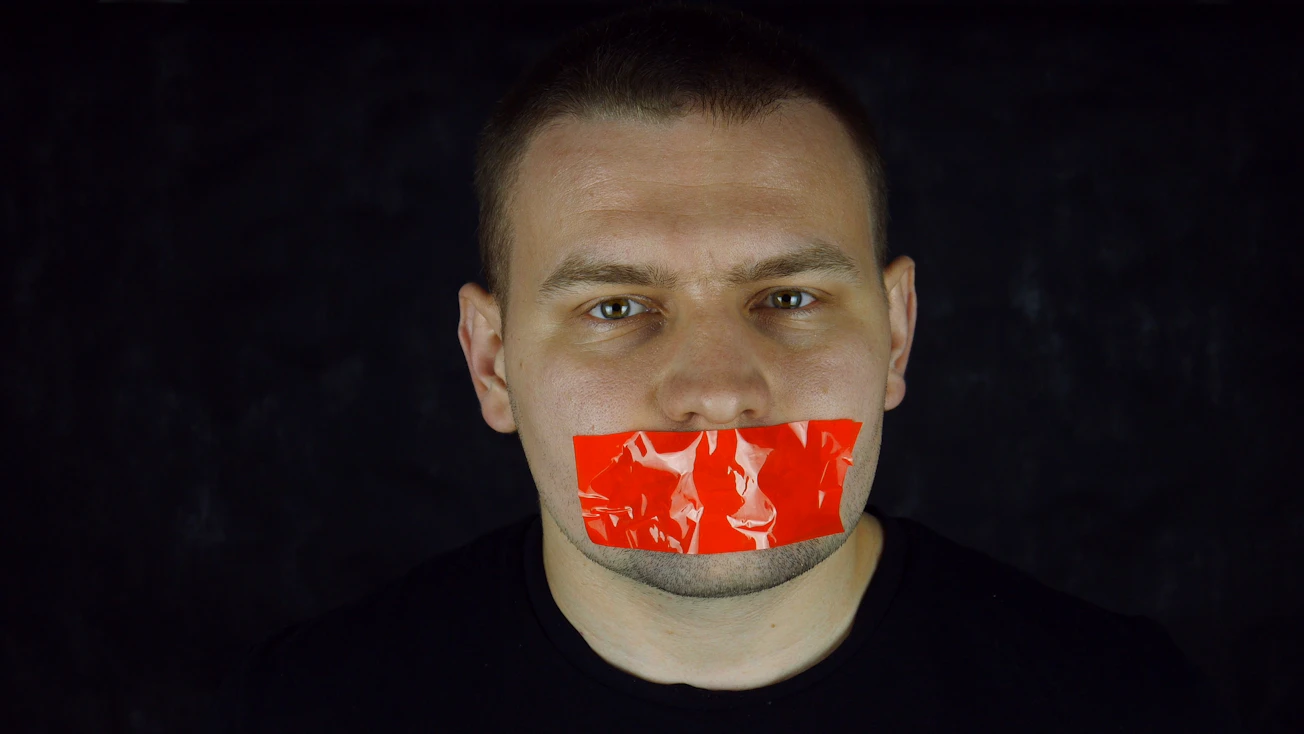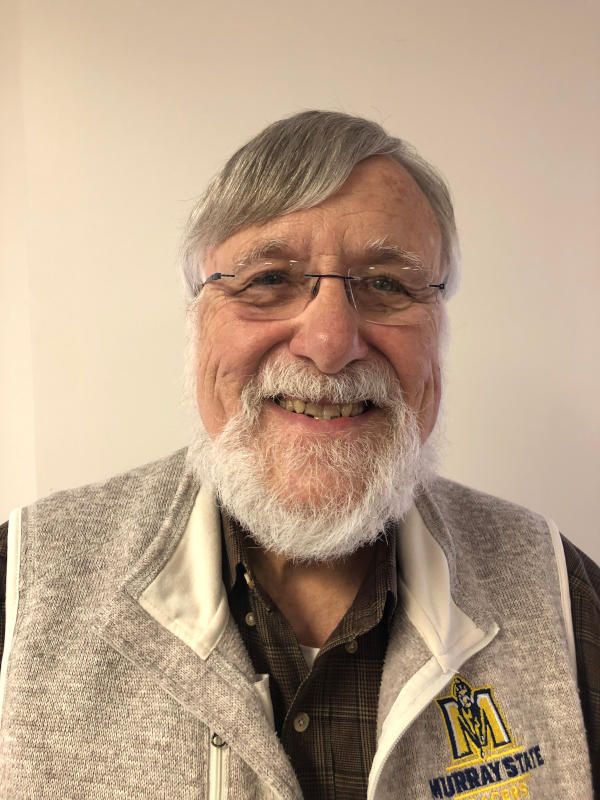Censorship is not new. Efforts to ban books containing ideas that some don’t agree with, and don’t want spread to others, have been around as long as there have been books.
In the 16th century the idea of banning books became most famous when the Roman Catholic Church issued its “Index of Forbidden Books” as a way of countering the ideas of the Protestant Reformation.
This practice of trying to keep “your people” from being contaminated by the “bad” ideas of the other side has long been a part of our culture. The “Index” remained a part of the Catholic world in which I was raised.
Then, in my mid-twentieth-century youth, banning and censorship were extended to movies, which were subjected to a three-fold rating in our local Catholic newspaper.
Those ranked “A” were acceptable, while those marked “B” were “objectional in part” – usually due to sexual permissiveness or bad theological ideas. Movies like “Oh Calcutta” were ranked “C” for “condemned” — and there was only one theater in town that showed them. (Some of my friends checked the paper just to find the “C” movies.)
The new and darker censorship being pushed into our schools
But book banning and censorship is changing now, according to Harvey Graff, a retired professor of English and History at Ohio State University.
As we see from the previous examples, book bans in the past were largely the products of religious groups seeking to protect their flocks from errors that might cause them to lose their faith. Today’s book banners, Professor Graff tells us, are “supercharged right-wing politicians” who are “opportunistic.” They are aided by “radical evangelicals” and their activist supporters.
“Previous banning movements,” Graff says, “did not overly concentrate on race, aim to empty libraries, or associate so closely with one political party.” Now one Texas lawmaker has 850 books he wants libraries and schools to investigate.
Graff is correct. Censorship in education now has a new and darker face – and we see it very clearly in the current Kentucky General Assembly.
HB 14 and HB 18 would prohibit anything that causes a student to “feel discomfort, guilt, anguish, or any other form of psychological distress on account of his or her race or sex.” HB 14 covers high school and lower, which HB 18 covers colleges and universities.
These two bills are paralleled in the Senate by SB 138 (the so-called “Teaching American Principles Act”). The bill provides that “an employee that chooses to discuss current events or controversial topics shall explore such topics from diverse and contending perspective.”
Censorship in education now has a new and darker face – and we see it very clearly in the current Kentucky General Assembly.
As a teacher for forty years, I find these proposed bills shocking and designed to undermine central “American principles” of education. Learning without discomfort is similar to washing yourself without water; it can be done, but is very difficult. And explaining controversial topics “from diverse and contending perspectives without giving deference to a specific perspective” sounds good, but raises interesting problems.
Take slavery in America, for example. White Kentucky students might well be made uncomfortable by the existence of this practice in their “old Kentucky home.” Does that mean that teachers should not discuss or describe the causes and conditions of slavery in our state?
And then there is the requirement to look at “contending perspectives without giving deference to a specific perspective.” What do you mean by this?
Does it mean that all points of view on a particular issue should be included – whether they be the result of serious study and scientific investigation, or based upon “popular opinion” unsupported by evidence? Before and during the Civil War, Southern leaders used the Bible to support slavery. Should that point of view hold equal weight with the evidence that slavery was a social and moral evil? Is that really how supporters of SB 138 really want teachers to behave?
Should the long struggle of working people to get safe working conditions and fair wages be given the same weight as the arguments of factory and mine owners that only they should be allowed to determine those wages and working conditions? Is that what the Senate and General Assembly want teachers to say, really?
Should those many blacks lynched and otherwise denied justice by the KKK and other Southern leaders for the century following the Civil War be left unmentioned in order to not disturb the descendants (physical or just ideological) of those families that had racist ancestors? Should the claims of the murdered and the murderers be given “equal time” in our history books?
On the other hand, proponents of these measure might discover that their language can be used by their opponents. If we should not “give deference to a specific perspective” then we might have to regard diverse forms of sexual expression as equal. Speaking negatively about gay, lesbian, and trans-gender students would certainly make them feel “discomfort” or even “psychological distress.” So that would be forbidden by HB 14 and HB 18.
I am reminded of a favorite T-shirt worn by my daughter. It reads: “Be careful who you hate. It may be someone you love,” and refers to the tendency some people have to condemn forms of sexual expression of which we disapprove.
Also, would it be possible for a history or social studies teacher to compare socialism and capitalism without “giving deference” to one or the other? Should competing views of the “best” or “fairest” economic systems be given equal weight?
Is that what you want, legislators? Do you want objectivity when discussing issues past or present, or do you only want teachers to share information and interpretations with which you agree? We express dismay when the Chinese government works to remove all reference to the Tianamen Square massacre from public memory. Are Republican leaders trying to remove the attack on the Capitol on January 6, 2021 by calling it “legitimate political discourse?”
It doesn’t take a rocket scientist to see where this is leading.
We all can easily “feel discomfort, guilt, anguish, or any other form of psychological distress” when we hear ideas we don’t want to hear. Teachers are taught to look for the truth, which is frequently unpleasant, but also enlightening. Precisely because those who lived before us were no more “perfect” than we are, we can learn from their mistakes – unless they are covered up.
--30--








